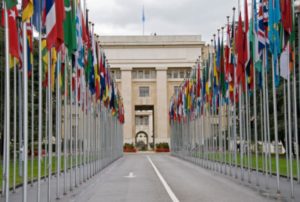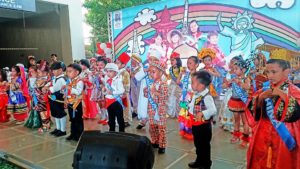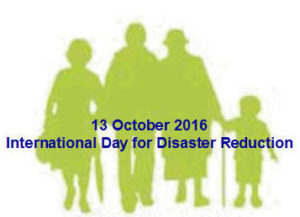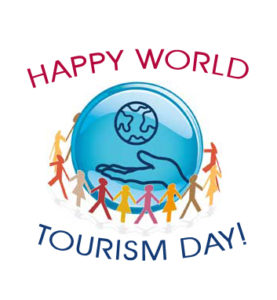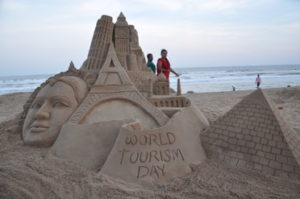 The United Nations’ (UN) International Day for Tolerance is annually observed on November 16 to educate people about the need for tolerance in society and to help them understand the negative effects of intolerance.
The United Nations’ (UN) International Day for Tolerance is annually observed on November 16 to educate people about the need for tolerance in society and to help them understand the negative effects of intolerance.
The International Day for Tolerance educates people about the importance of global tolerance.©iStockphoto.com/Julie de Leseleuc
What Do People Do?
The International Day for Tolerance is a time for people to learn about respecting and recognizing the rights and beliefs of others. It is also a time of reflection and debate on the negative effects of intolerance. Live discussions and debates take place across the world on this day, focusing on how various forms of injustice, oppression, racism and unfair discrimination have a negative impact on society.
Many educators use the theme of this day to help students in classrooms or in lecture theatres understand issues centered on tolerance, human rights and non-violence. These issues are also found in text books, lesson material and other educational resources used for this event. The UN Chronicle Online Education also features articles about tolerance. Information on the day is disseminated through flyers, posters, news articles and broadcasts, and other promotional material to raise people’s awareness about the importance of tolerance. Other activities include essays, dialogues and story-telling of people’s personal accounts of intolerance and how it affects their lives.
Human rights activists also use this day as an opportunity to speak out on human rights laws, especially with regard to banning and punishing hate crimes and discrimination against minorities. In the workplace, special training programs, talks, or messages from workplace leaders about the importance of tolerance are utilized on this day.
Background
In 1996 the UN General Assembly invited member states to observe the International Day for Tolerance on November 16, with activities directed towards both educational establishments and the wider public (resolution 51/95 of 12 December). This action came in the wake of the United Nations Year for Tolerance, 1995, proclaimed by the assembly in 1993 (resolution 48/126). The year was declared on the General Conference of UNESCO’s initiative. On November 16, 1995, the UNESCO member states adopted the Declaration of Principles on Tolerance and Follow-up Plan of Action for the year.
The 2005 World Summit Outcome document outlines the commitment of Heads of State and Government to advance human welfare, freedom and progress everywhere, as well as to encourage tolerance, respect, dialogue and cooperation among different cultures, civilizations and peoples.
Public Life
The UN’s International Day for Tolerance is a global observance and not a public holiday.


